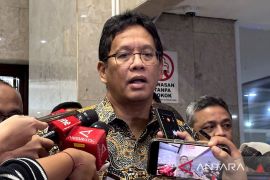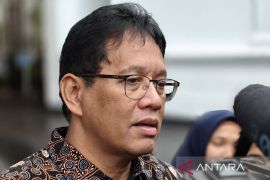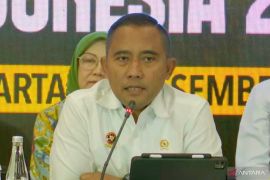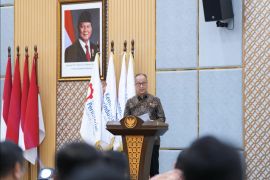According to the judges, Budi Mulya has also admitted that he already knew about the charges.Jakarta (ANTARA News) - The judges at the Jakarta corruption court, on Thursday, rejected the objection submitted by former Central Bank Deputy Governor Budi Mulyas lawyers over the Century Bank case, ordering for continuation of trial.
"The panel of judges think the charges are already clear, precise and complete describing elements of the crime with regard to time of the crime committed, the crime scene, person committing the crime and when the crime was committed as well as its effect, and so, the defendants rights have not been hurt with regard to his defense because the charges have met the material requirements," chief judge Afiantara assured while reading the decision.
According to the judges, Budi Mulya has also admitted that he already knew about the charges.
"The defendant has shown that he has known the essence of the charges when he said I, in terms of language, hear and understand (the charges) but in terms of law I do not know as I only carried out my duty," he stated.
Budi Mulyas lawyers led by Luhut Pangaribuan has filed a number of objections by among others stating that the change on the Short-Term Funding Facility (FPJP) requirements was not done by their client by himself referring to Budi Mulyas authority only as deputy governor for monetary and foreign exchange management.
"The objections have involved the essence of the case and so must be proven in the court sessions and in view of that they are unacceptable," chief judge Afiantara noted.
The court was adjourned until April 3 with hearing of testimonies from witnesses scheduled to be done three times a week every Monday, Thursday and Friday.
"It is scheduled three times a week because of the large number of witnesses to be heard," chief judge Afiantara explained.
According to chief prosecutor KMS Roni he would present 66 witnesses.
The prosecution has charged Budi Mulya of violating several articles in the anti-corruption law relating to abuse of power and facilities or opportunities embedded in his position to cause financial and economic losses to the state carrying a maximum sentence of 20 years in jail and a maximum fine of Rp1 billion.(*)
Editor: Heru Purwanto
Copyright © ANTARA 2014











